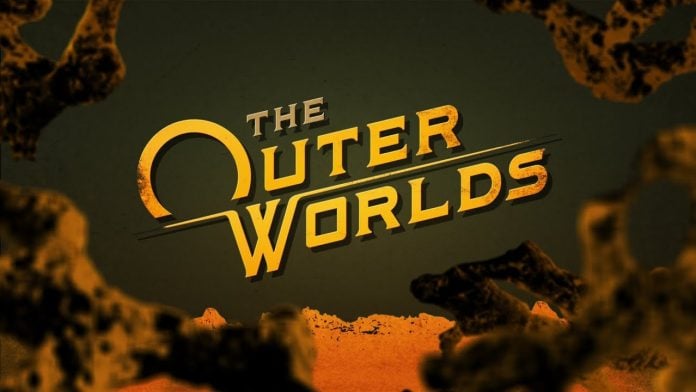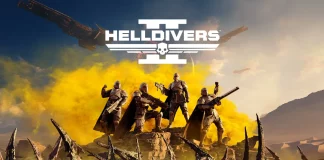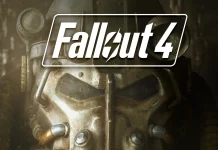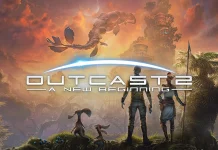
Bethesda’s ownership of the Fallout franchise has been a touchy subject for some people. I personally love the games, but there are those who feel it hasn’t translated well from its turn-based format. A lot of people regard New Vegas as one of the best modern entries, a game that was made by Obsidian, not Bethesda.
Obsidians’ latest game, Outer Worlds came out after the massive commercial failure of Fallout 76. Gamers were annoyed at Bethesda and hoped that Obsidian would come along with Outer Worlds and show Bethesda how it’s done.
While Outer Worlds was an incredibly good game that I enjoyed it wasn’t the Fallout killer that some people think it is. There are definitely aspects of Outer Worlds that Fallout could learn from, but overall, it failed to be the juggernaut that delivered a huge slap in the face to Bethesda.
If we judge Bethesda on Fallout 76 alone, then sure, we can throw all the hate we want at them for the disastrously insulting cash grab that this game turned out to be. The fact is that the Outer Worlds is not a better single-player game than Fallout and here’s why.
Fallout is much bigger
Sure, Outer Worlds takes place across several planets. The problem is that you can only visit a small portion of each of these planets. Of the portions you can visit, they are generally quite small. You are restricted to a landing pad which puts you into a small playpen area that you can complete quests on. Even though its a big universe, you feel very caged in.
Traveling to another planet in Outer Worlds is a short walk to the landing pad and an automated flight to another planet. I am not saying this is bad, but it is not better than the larger open worlds that we see in the Fallout games. A journey across the map in Fallout can be done with fast travel, but without it, it is quite the journey.
The lore was not as charming as Fallout
Whether you hate what modern Fallout games have become or not, you can’t deny that the lore is just incredible. The retro-futuristic vibe is something that no other franchise has been able to replicate.
Outer Worlds does a very good job of creating a Firefly style futuristic western, but it never commits to it fully. The concept of the corporate governed colony is unusual and has a lot of room for exploration. With future entries to the series, the lore is bound to be solidified and become a deeper world.
At face value, nothing comes close to killing mutated creatures with laser rifles while listening to music from the 1920s on your clunky personal computer.
Fallout was believably unbelievable
Fallout was wacky but it was believably unbelievable. Talk about kick-ass grammar! Fallout sets a tone and sticks to it. The world has its ways and that’s how it all works. Bottle caps do not make for a great currency but that’s the way of the world.
Outer worlds bounce between off the walls madness but it lives within a logical, corporate setting. The colony dying out from starvation makes sense. The behavior of a corporate structure, made of seemingly intelligent people, fail to see how forcing the colony to eat nothing but canned tuna is a big problem for them.
Fallout might be crazy at times, but its madness is always rooted in greed, radiation or humans with psychological disorders. The madness might be over the top, but the game sticks with it. Outer worlds is very logical in some ways. Space ships, advanced technology, terraforming, intelligent scientists and so much more, yet they can’t figure out how to grow plants to feed people?
Fallout doesn’t try to root itself in common sense, it’s mad and that’s the way it is. It is a delusional fantasy that is consistent within its own universe. Outer worlds is surrounded by common sense yet those very same smart people are fools to make room to add that quirky f Fallout factor.





























